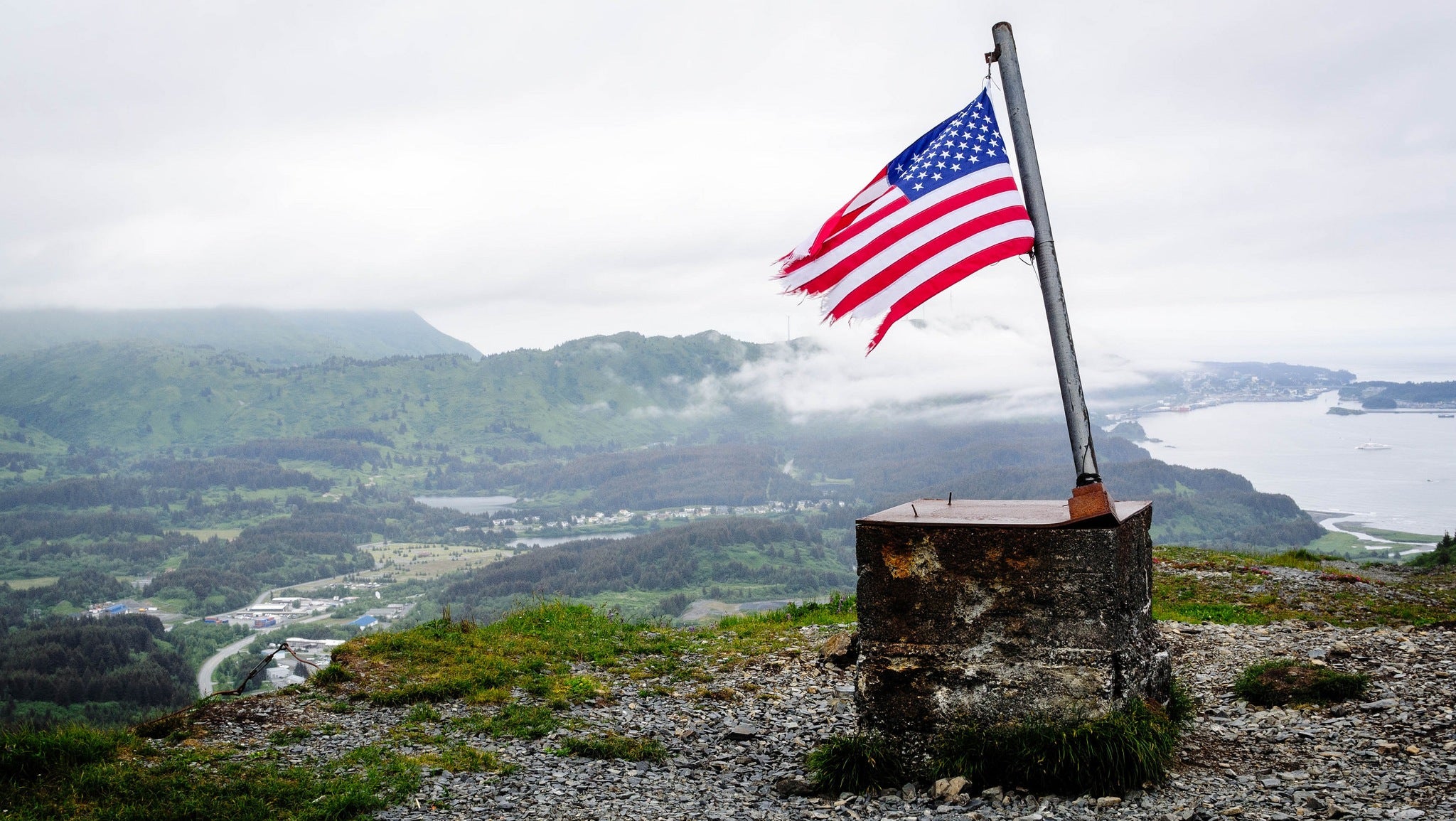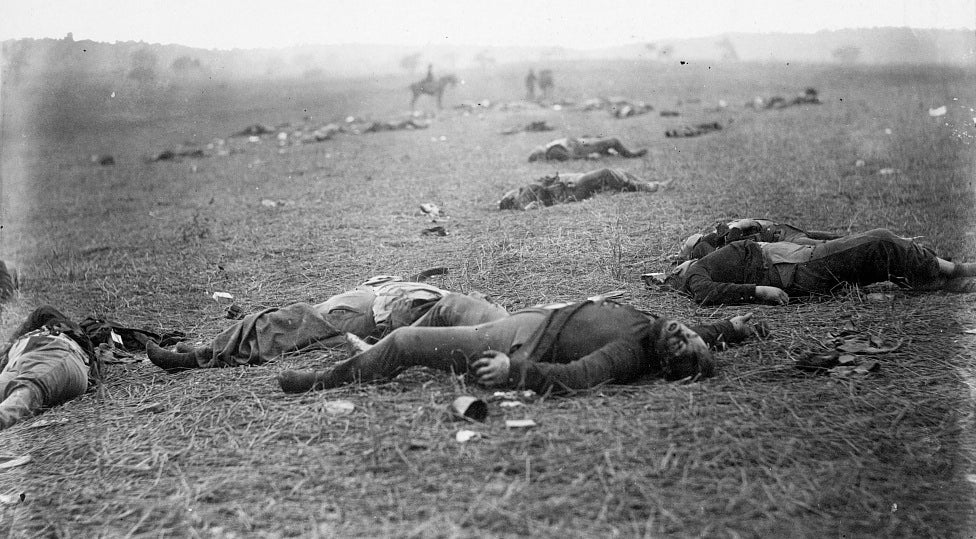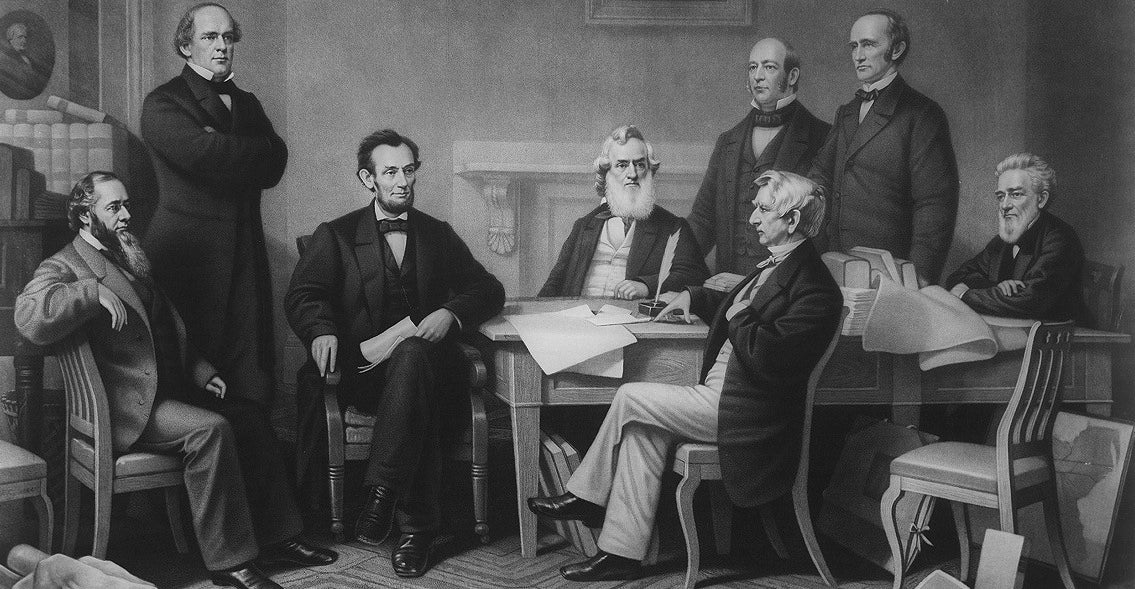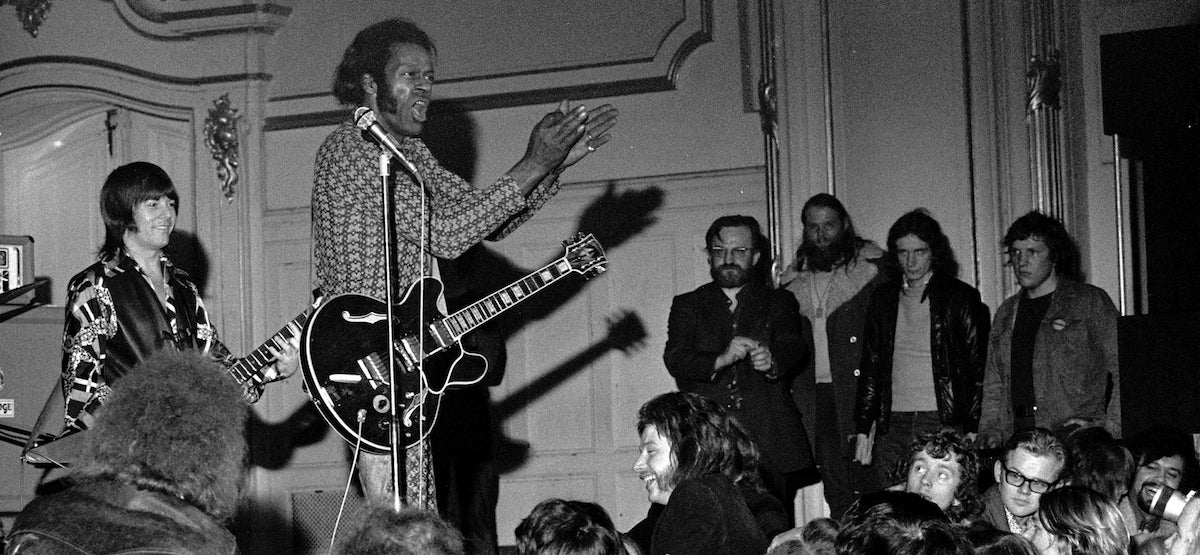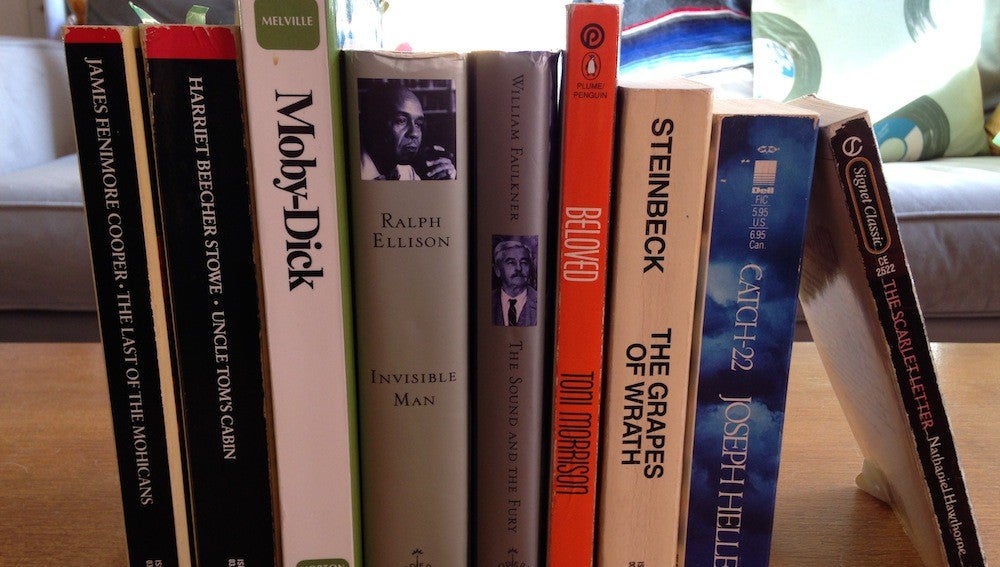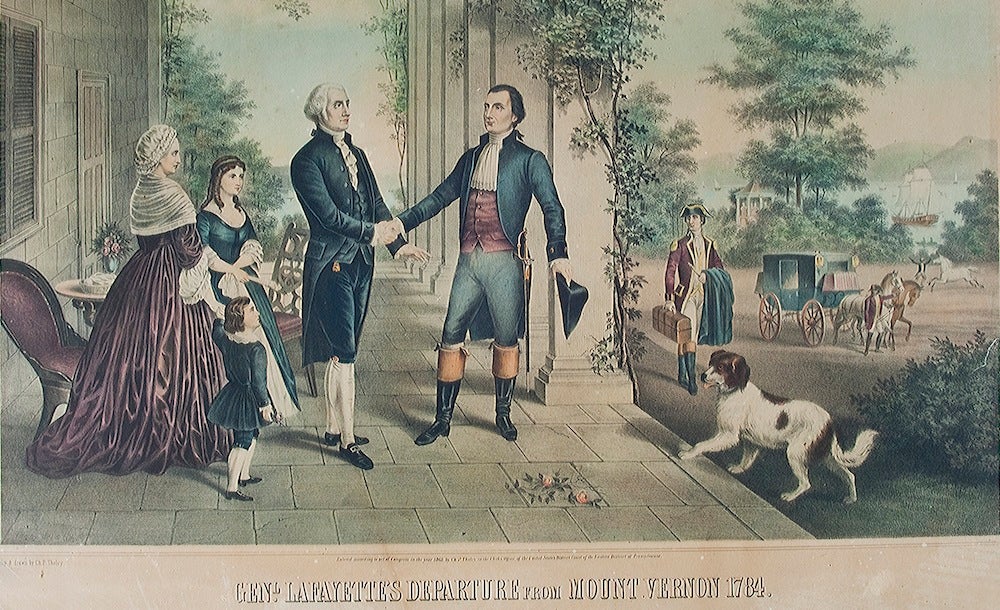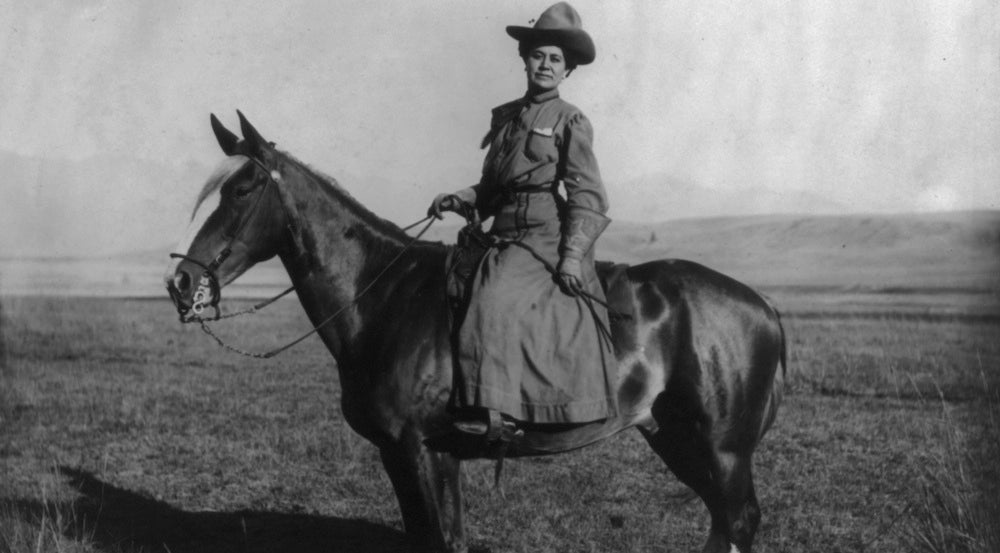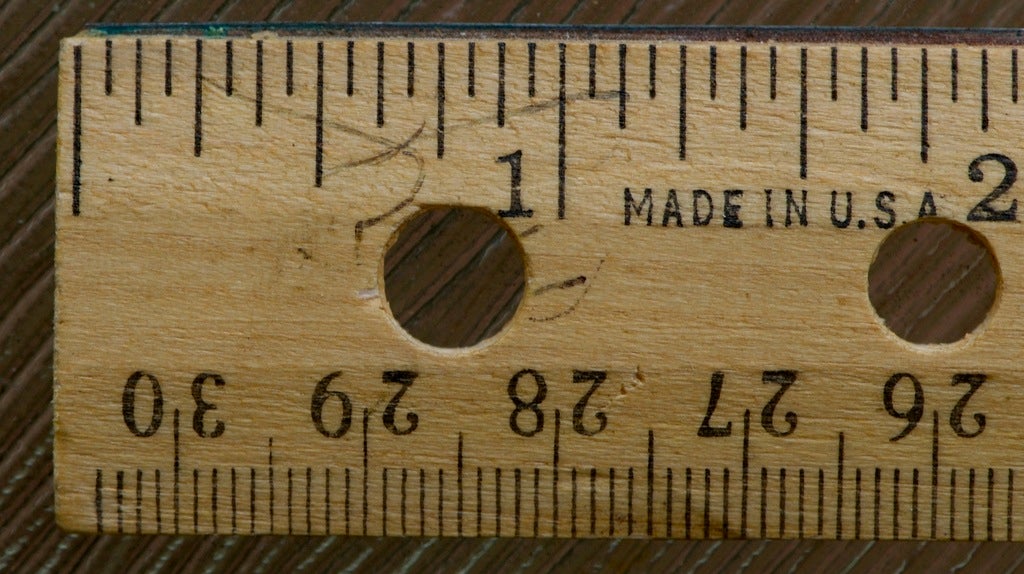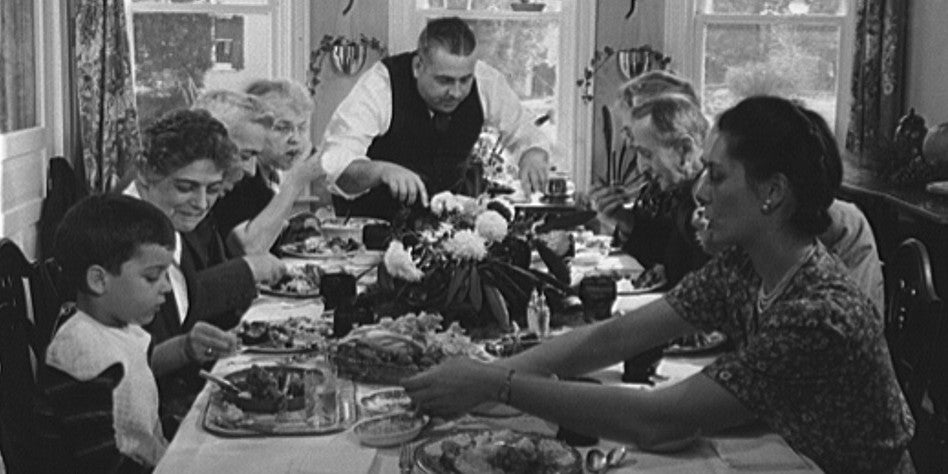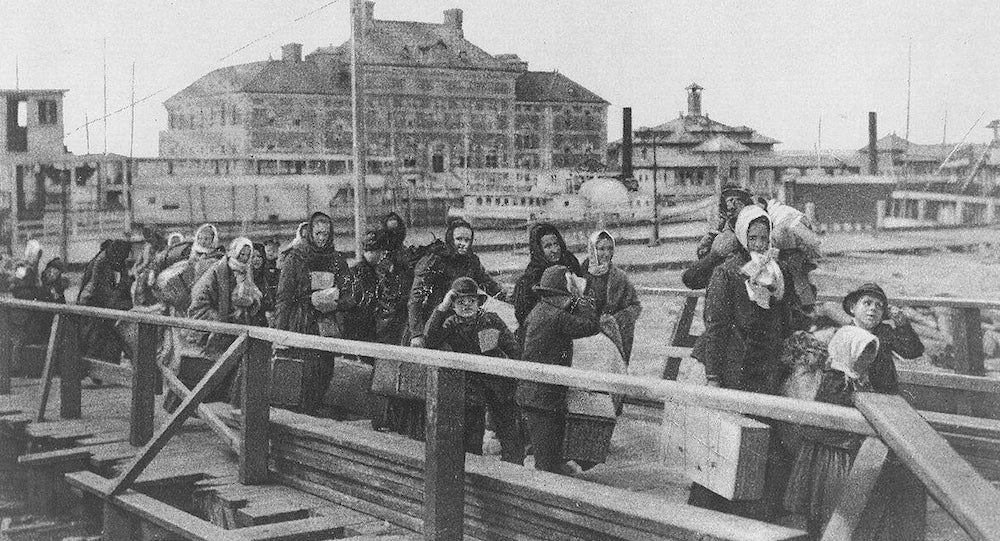Is America Still the Home of the Brave?
Tracing a National Tradition from the American Revolutionaries and Amelia Earhart to Graffiti Artists and Venture Capitalists
On January 14, 2015, the world waited with bated breath as Tommy Caldwell and Kevin Jorgeson came over the rim of a notoriously steep section of the rock known as El Capitan, the largest single block of granite in the world. Over the course of 19 days, the pair had climbed the Dawn Wall, the most difficult part of the famous rock formation at Yosemite National Park, with just their hands and feet; rope and harnesses were used only to …


